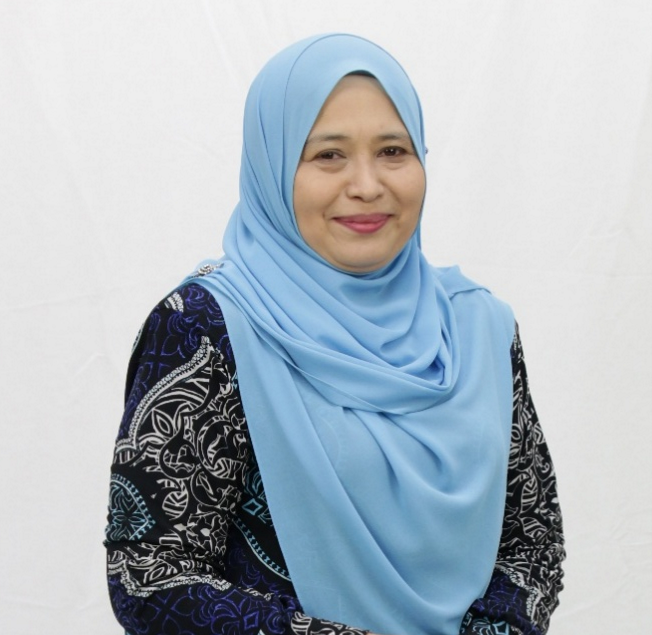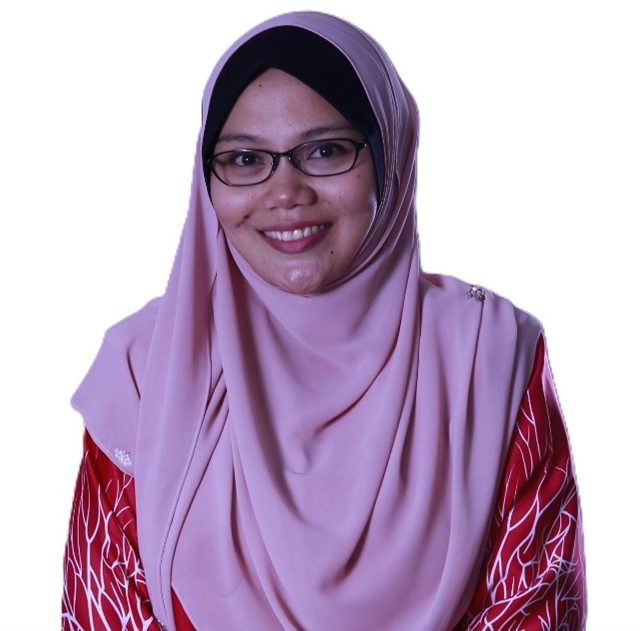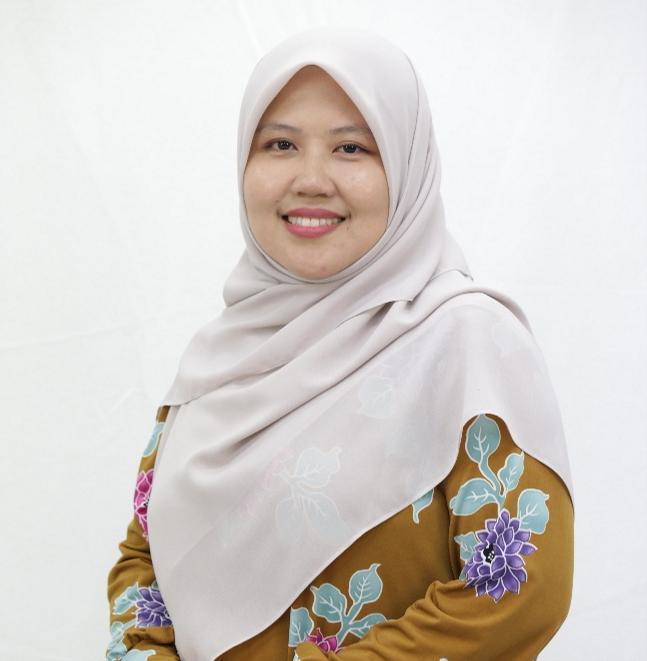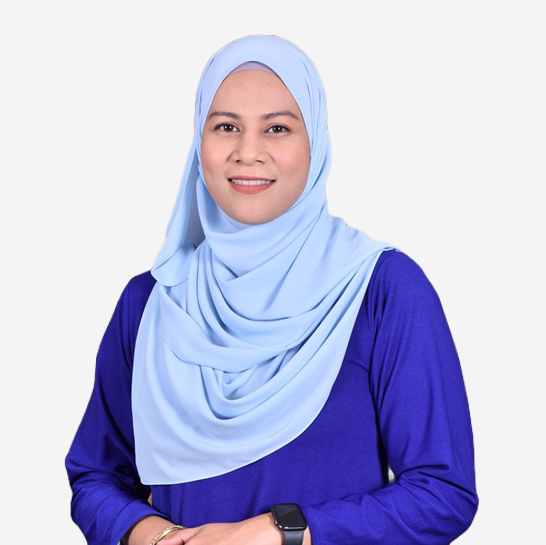International | Students | Staff | Alumni | Visitor
BIOLOGICAL ACTIVITY AND MOLECULAR BIOLOGY
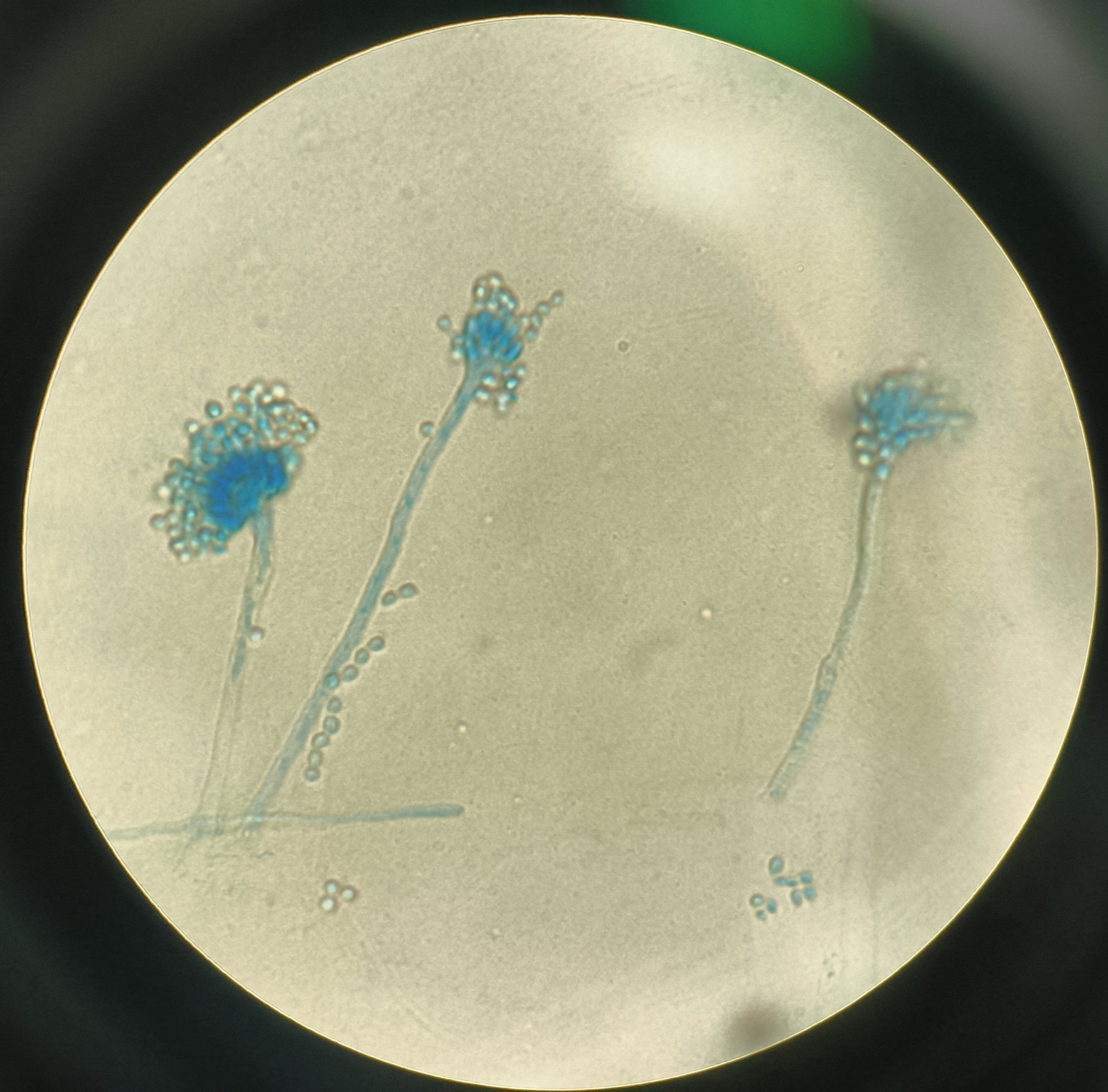
Our research group focuses on key areas of molecular, cell, and systems biology, utilizing both animal models and translational cell culture studies. The group conducts both fundamental and applied research, particularly in the discovery and development of new drugs for the treatment of diabetes, cancer, malaria, and microbial infections. The primary objective is to characterize the biological activities of natural products through in vitro and in vivo studies, integrating various scientific approaches to support therapeutic advancements.
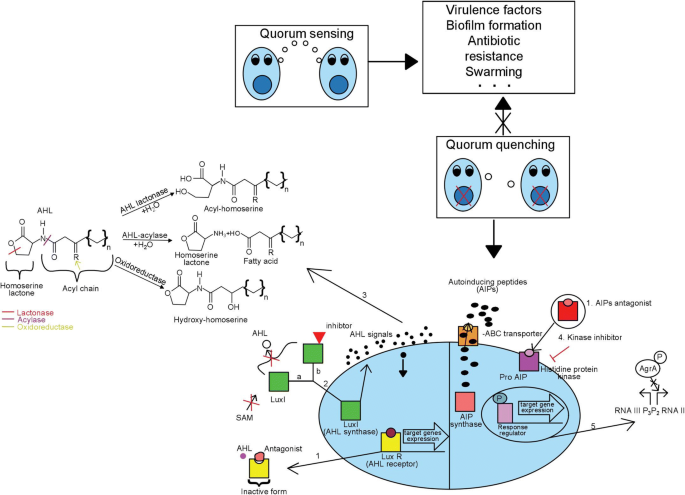
The group’s research encompasses several interconnected areas, including diabetes mellitus, molecular genetics, cancer therapeutics, wound healing, and malaria. A significant focus is also placed on anti-quorum sensing microbial metabolites, which aims to identify quorum-quenching compounds capable of degrading biofilms produced by pathogenic bacteria such as Streptococcus mutans. Quorum sensing is a bacterial communication system mediated by small diffusible molecules that regulate collective bacterial behavior based on cell density. The group has screened a vast collection of endophytic actinomycetes and fungi to discover metabolites that disrupt quorum sensing signals, thereby inhibiting biofilm formation. Genome sequencing of promising strains is conducted to identify biosynthetic gene clusters, offering insights into the biosynthesis pathways of quorum-sensing inhibitors.
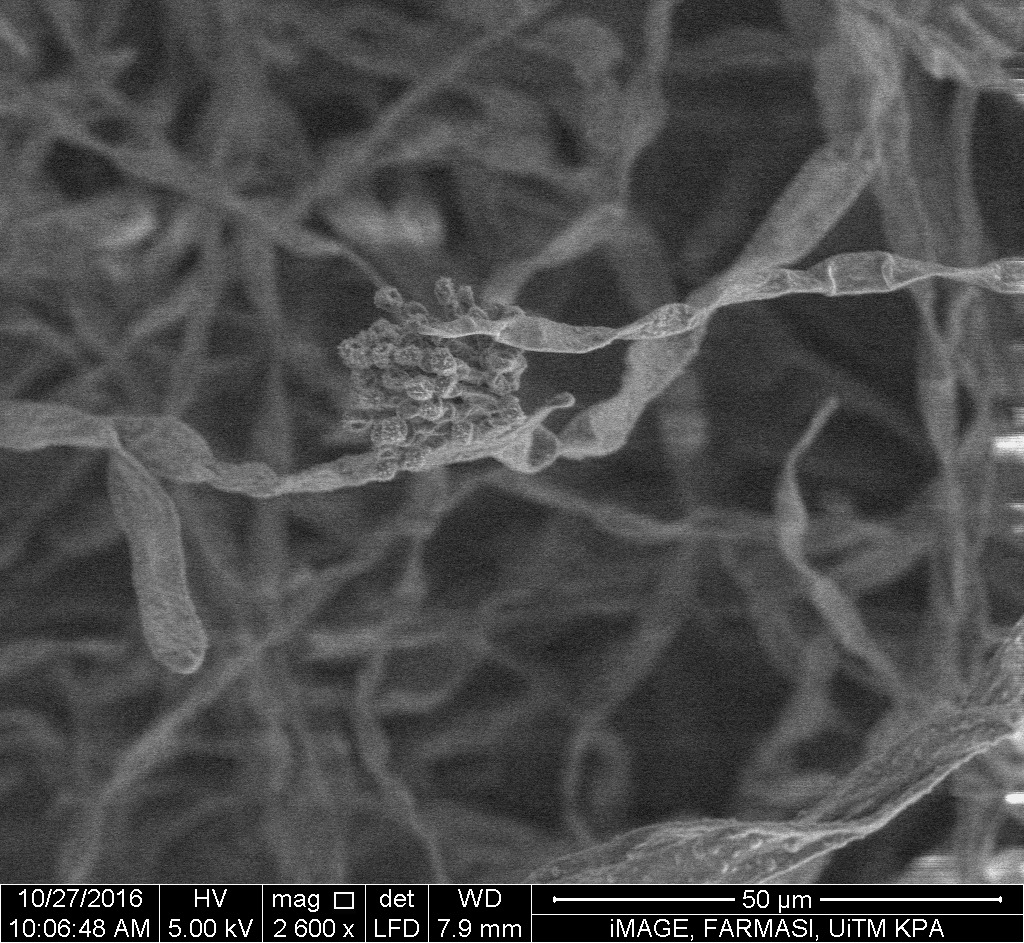
The key to the successful discovery of bioactive natural products is the integration of chemistry and biology in the search for useful compounds. Our team is focused on probing biological properties towards targeted diseases including cancer, neurodegenerative diseases, diabetes mellitus, and malaria as well as understanding the underlying molecular mechanism of the compounds or extracts such as expression and regulation of certain genes, adhesion and invasion mechanism of foodborne pathogens and others.
As part of the drug discovery process and development, we adopted the in vitro and in vivo approaches to evaluate the efficacy of the compounds in an optimized, safe, and reproducible manner. An in vitro triple cell co-culture model of the human intestinal epithelium is being developed to closely mimic the characteristics of the human intestinal epithelial barrier for accurate prediction of permeability study, drug absorption, adhesion, and invasion of foodborne pathogens, and others. We are also actively engaged in the development of bioactive wound care therapies derived from natural resources with the advancement of nanotechnology-driven approaches.
CONNECT WITH US
Atta-ur-Rahman Institute for Natural Product Discovery
Level 9, Building FF3
UiTM Selangor, Kampus Puncak Alam
42300, Bandar Puncak Alam
Selangor, Malaysia
GENERAL ENQUIRY
Phone : 03-32584769
Email : aurins@uitm.edu.my

